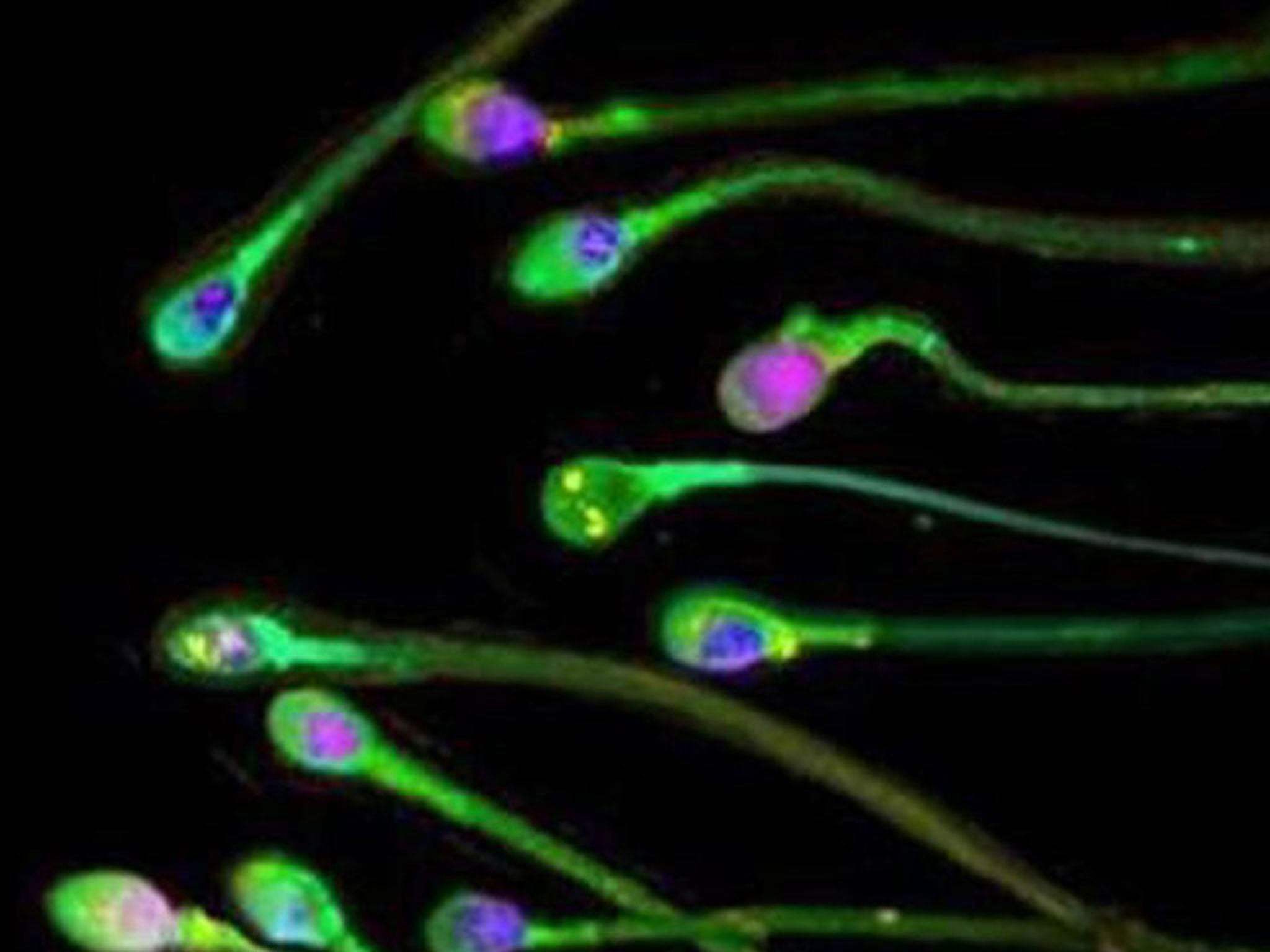Teenage fathers 'more likely' to pass on genetic mutations to children
Mutations occur when there is an error in the DNA copying process during cell division

Your support helps us to tell the story
From reproductive rights to climate change to Big Tech, The Independent is on the ground when the story is developing. Whether it's investigating the financials of Elon Musk's pro-Trump PAC or producing our latest documentary, 'The A Word', which shines a light on the American women fighting for reproductive rights, we know how important it is to parse out the facts from the messaging.
At such a critical moment in US history, we need reporters on the ground. Your donation allows us to keep sending journalists to speak to both sides of the story.
The Independent is trusted by Americans across the entire political spectrum. And unlike many other quality news outlets, we choose not to lock Americans out of our reporting and analysis with paywalls. We believe quality journalism should be available to everyone, paid for by those who can afford it.
Your support makes all the difference.Scientists at the University of Cambridge have suggested that teenage parents may be more likely to pass on birth defects to their children.
A new study that looked at 24,000 parents and their children found that sperm cells of teenage fathers had a 30 per cent higher rate of DNA mutation, which may explain why the children of younger parents have been found to have a higher risk of disorders such as schizophrenia, autism and spina bifida.
The analysis focused on miniscule genetic differences between parents and offspring, which are assumed to be caused by copying errors in the egg or sperm cells.
On average, fathers pass on at least six times as many mutations to their children as mothers. The results suggest sperm DNA is a less faithful replication of the paternal genetic sequence.
Mutations occur when there is an error in the DNA copying process during cell division, where a man’s characteristics are passed into the sperm.
The paper's author, Peter Forster, said: "Children of 15-year-old boys have about 30% more mutations than children of young men.
"It could be that the whole sperm production system is more error prone at the start … that it just isn’t optimised yet."
Join our commenting forum
Join thought-provoking conversations, follow other Independent readers and see their replies
Comments